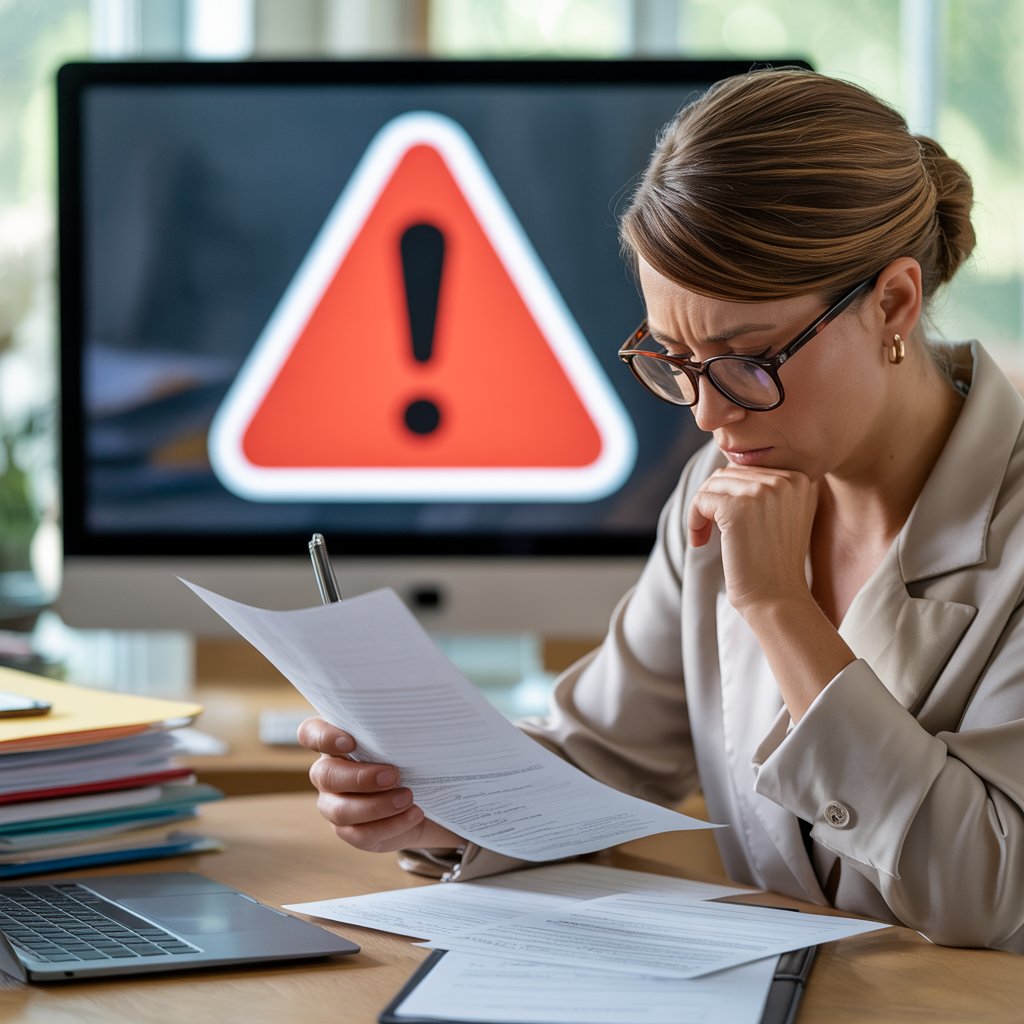
Introduction
Filing an insurance claim is meant to help you in times of loss — not create more problems. However, many honest policyholders unknowingly fall into traps that lead to insurance fraud accusations. On the flip side, some individuals commit fraud intentionally, which not only delays genuine claims but also increases premiums for everyone.
In this guide, you’ll learn how to avoid insurance fraud when filing a claim — whether it’s for your car, health, property, or life insurance. We’ll also explain red flags, common mistakes, and best practices to ensure your claim is clean, fast, and successful.
🔍 What Is Insurance Fraud?
Fraud can be committed by:
- Policyholders
- Agents
- Repair shops
- Even third-party scammers
It’s illegal, punishable by fines, jail time, and permanent loss of insurance rights.
🚫 Common Types of Insurance Fraud
- Exaggerating the Claim
– Reporting more damage or loss than actually occurred. - Submitting Fake Documents or Bills
– Using doctored receipts, false repairs, or forged medical bills. - Claiming for Pre-existing Damage
– Claiming that older damage happened during a recent incident. - Multiple Claims for the Same Loss
– Submitting the same claim to different insurers.
✅ How to Avoid Insurance Fraud When Filing a Claim
1. Be Honest & Transparent
Always tell the truth, even if it seems like a small issue. Never lie about:
- How the damage happened
- When it happened
- What was involved
Insurers have trained investigators and may reject or flag suspicious claims.
2. Be Honest & Transparent
Always tell the truth, even if it seems like a small issue. Never lie about:
- How the damage happened
- When it happened
- What was involved
Insurers have trained investigators and may reject or flag suspicious claims.
3. Avoid Inflated Estimates
If you’re claiming for repairs or damages:
- Get official quotes from trusted vendors
- Never allow workshops to “adjust the numbers”
- Don’t accept blank or pre-signed forms
4. Keep Original Documents
Submit copies, but keep original:
- Bills, receipts
- Police reports
- Medical records
- Repair estimates
These may be required later during verification.
5. Use Authorized Agents & Repair Centers
Fraud often involves middlemen. Always:
- Work with licensed agents or brokers
- Visit authorized garages or hospitals (listed by your insurer)
- Avoid cash transactions — use bank transfers for traceability
6. Watch Out for Insurance Scams
Some frauds are done to you, not by you:
- People staging a crash and blaming you (especially in car insurance)
- Fake “insurance agents” promising quick claims in return for cash
- Ghost brokers giving you fake policies
✅ Verify any person or business with your insurance company before trusting them.
⚖️ Legal Consequences of Insurance Fraud
If found guilty of fraud:
- Your claim will be rejected
- You may face fines, criminal charges, or imprisonment
- Future insurance premiums will increase, or you may be blacklisted
Even unintentional mistakes may be treated as negligence, so always double-check your claim.
📌 Conclusion
Avoiding insurance fraud is not just about following the rules — it’s about protecting your financial future. Whether you’re filing a claim after a car accident, home damage, illness, or loss of life, honesty and attention to detail are your best allies.
Stay informed. Stay protected. And never compromise your integrity for a quick payout.